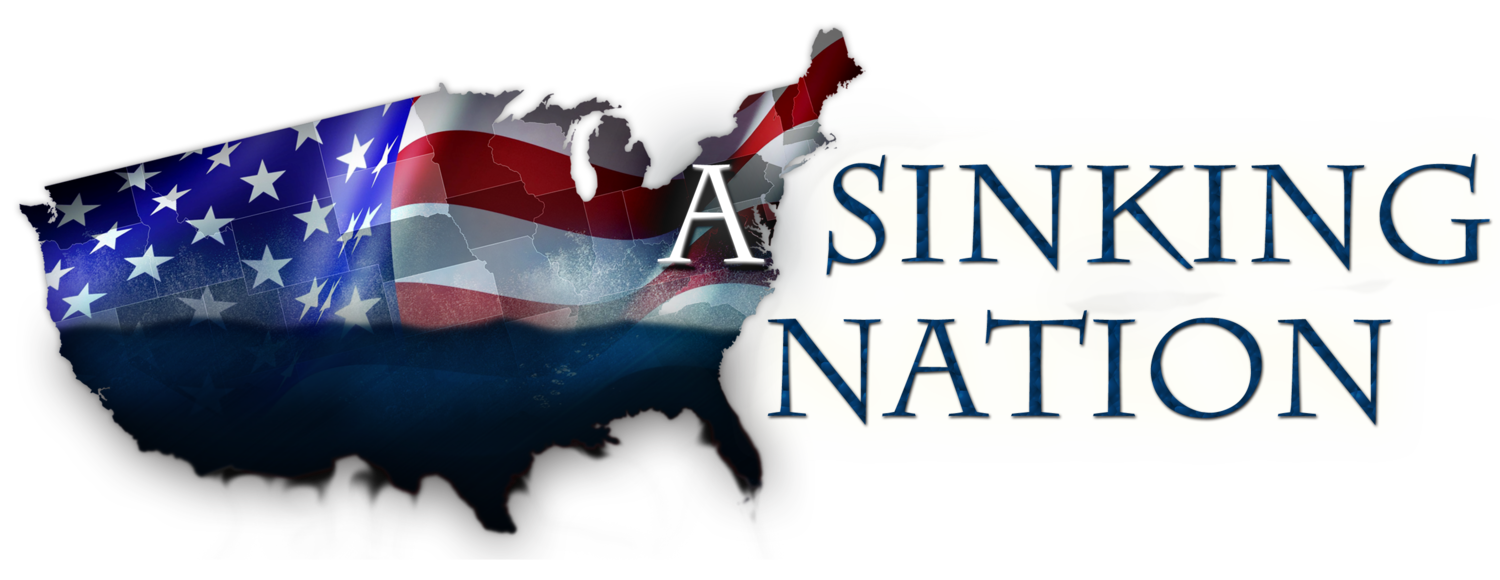Impact of the 2018 Midterm Election
/The 2018 midterm election is nearly over. Most of the national attention is focused on the control of Congress. Can the Democrats wrest control of the House and/or Senate from Republicans, or will the GOP retain control of either Chamber?
From a fiscal policy standpoint, it may not matter what happens. That is a rather dour assessment, but it’s true. If you look at the annual budget deficits since 2000, it doesn’t seem to matter much which party controls Congress or the White House. There have been all variations of party control over the past 18 years, and the result is the same… annual deficits ranging from $140 billion to $1.4 trillion. Although both parties may talk about balancing the budget and reducing the debt, neither have taken any serious action over the past two decades to do anything about it. Instead, they have more than doubled the national debt in less than a decade.
Since balancing the budget and reducing the $21 trillion national debt are largely absent from the political discourse in the midterm elections, don’t expect whoever is elected to suddenly pay attention to them. Balancing the budget and reducing the debt is going to require difficult decisions, which may be politically unpopular. As a result, few politicians will tackle these issues. It’s far easier to promise constituents something more (either more spending or less taxes), than take a controversial stance that may anger certain voters.
It’s a rather pessimistic view, but probably realistic to think little will be done over the next two years to change our nation’s fiscal policies no matter who wins on Tuesday. The 2018 midterm election may be impact a lot of other issues, but it isn’t likely to change the financial position of the U.S. government.


